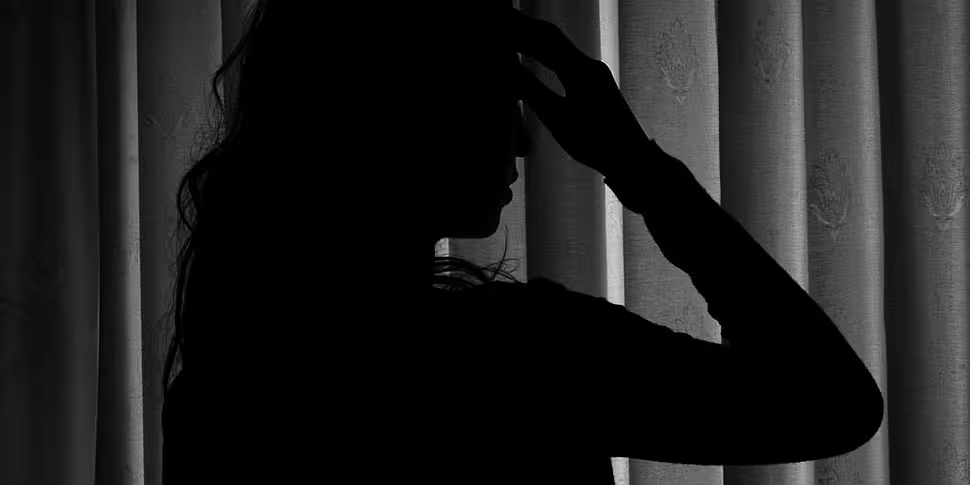Those who claim today marks the most depressing day of the year are spouting “pseudo-scientific gibberish,” according to a consultant clinical psychologist.
Over recent years, the third Monday in January has become known as ‘Blue Monday’ – with people struggling to come to terms with long nights, the weather, money problems and unfulfilled resolutions.
On The Hard Shoulder this evening, Consultant Clinical Psychologist Mark Smyth said the idea came from a tourism marketing campaign in 2005.
“I think the most depressing thing about Blue Monday is that this pseudo-science, gibberish, nonsense has not been forgotten about and we are still talking about it,” he said.
“It is not a thing. It was invented in 2005 by an advertising company to help a travel company sell holidays; to let us know that we need to book our holidays long in advance.
“They came up with this gibberish formula that does nothing except make us feel worse about ourselves.
“If you look around and see the environment we have right now, we have enough things to be sad and anxious about. We don’t need this on top of everything else.”
"Self-fulfilling prophecy"
He said there is zero scientific evidence behind the claims and warned of a real danger that it could “become a self-fulfilling prophecy” for people as long as it continues.
“I hope this is the last time we ever talk about it because it can get into the consciousness,” he said.
“People go into it thinking, ‘this is going to be the saddest day of the year’ and in that day then they feel sad because they feel they are supposed to be sad.
“But no, it isn’t. It is just a day like any other.”
"Completely invalidating"
He said people who are feeling down or depressed need support every day of the year, not on “some random day that was picked by an advertising company.”
“I think it is completely invalidating to those who are suffering from depression,” he said.
“It is as useful as getting out the horoscope to predict how the day is going to go. People struggle day in, day out – not on any one given day or because of a date.
“So, it is completely invalidating and people are struggling with their mental health like I have never experienced before so we need to be concentrating on what we can do for them and not talk about a hashtag on Twitter.”
Mental health
Dr Smyth said he believes the country is now facing a “third wave of mental health difficulties” as the virus continues to spread.
“Certainly, from my experience on the ground and speaking to my colleagues, we are already there,” he said.
“I have seen an increase in referrals probably from September onwards that in 17 years of practice, I have never seen before.
“Resources both publicly and privately are just not there to meet demand.”
He said the mental health budget remains at around 5% of the overall health budget when it should be closer to 12%.
He said mental health struggles brought on by the pandemic are likely to last for months after the country has reopened, noting, “we have a long road ahead to try and support people through this.”









